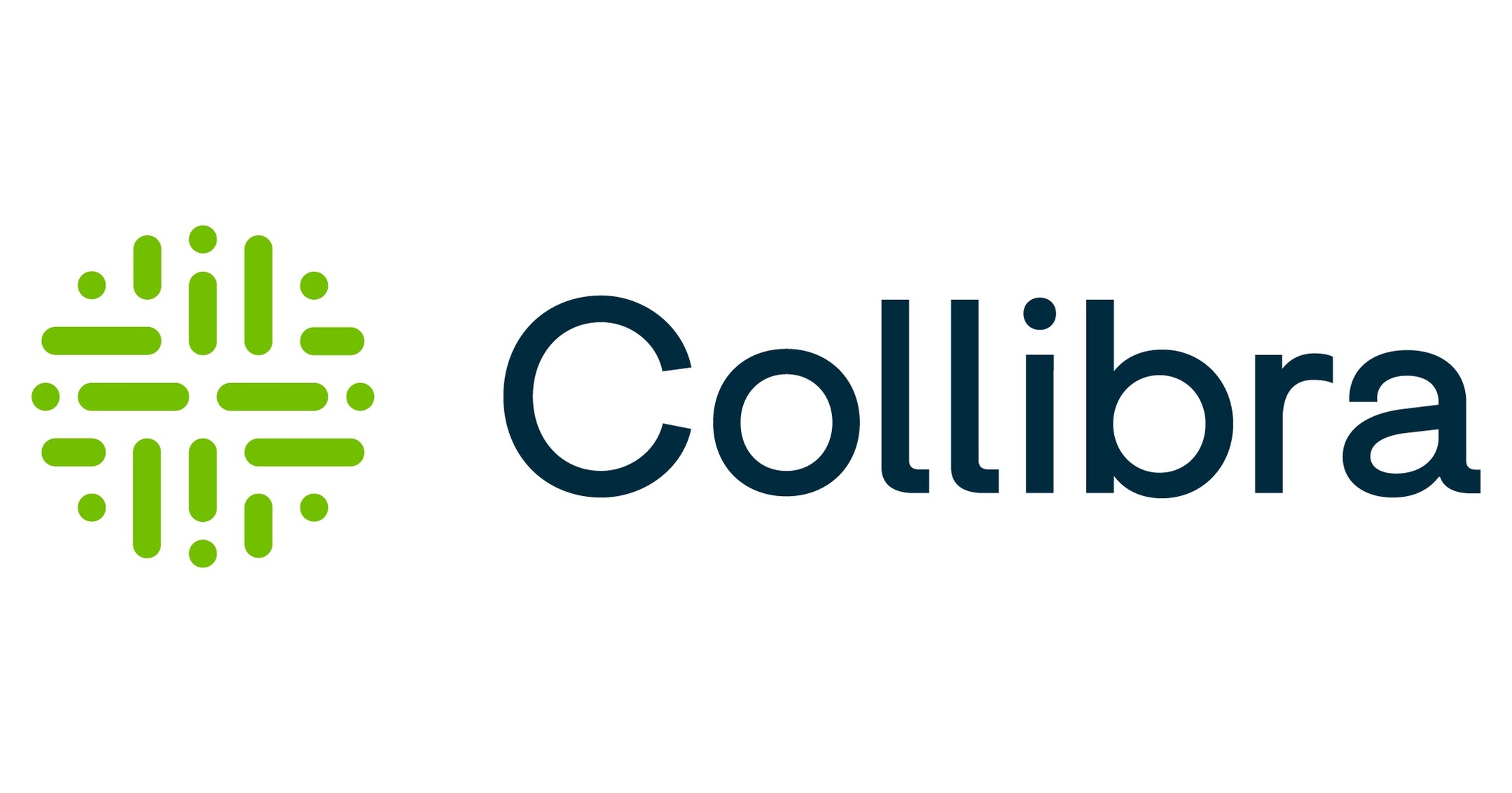Study by Copyleaks Shows Rapid Increase in AI Content on the Internet

The meteoric rise of AI-generated content, as illuminated by Copyleaks’ recent study, paints a vivid picture of the digital landscape’s evolution since ChatGPT’s emergence in 2022. From modest beginnings to an astonishing surge, the exponential growth—8,362% in less than two years—underscores the profound impact of advancements in natural language processing and deep learning technologies.
Industry experts, like Chris Rodgers and Alon Yamin, discern this surge as a natural consequence of AI’s transformative capabilities, particularly in content creation. Yet, it’s not merely about efficiency; it’s also about accessibility and scalability across various sectors, from e-commerce to media.
However, with great power comes great responsibility. The proliferation of AI-generated content raises concerns about authenticity and trustworthiness. While AI streamlines content creation processes, it also opens avenues for fraudulent activities like deepfakes, as Pavel Godman-Kalaydin cautions.
Nonetheless, amid these challenges, there’s recognition of AI’s potential to enhance user experiences, improve accessibility, and automate routine tasks. Mark N. Vena stresses the importance of transparency and accountability, advocating for standardized indicators to inform users about AI’s involvement in content creation.
In essence, the Copyleaks study serves as a testament to AI’s transformative impact on digital content creation. It underscores the need for a balanced approach—one that harnesses AI’s efficiency while upholding principles of transparency, trust, and ethical governance. As the digital landscape continues to evolve, navigating these challenges will be pivotal in shaping a more transparent, trustworthy, and inclusive online environment.







